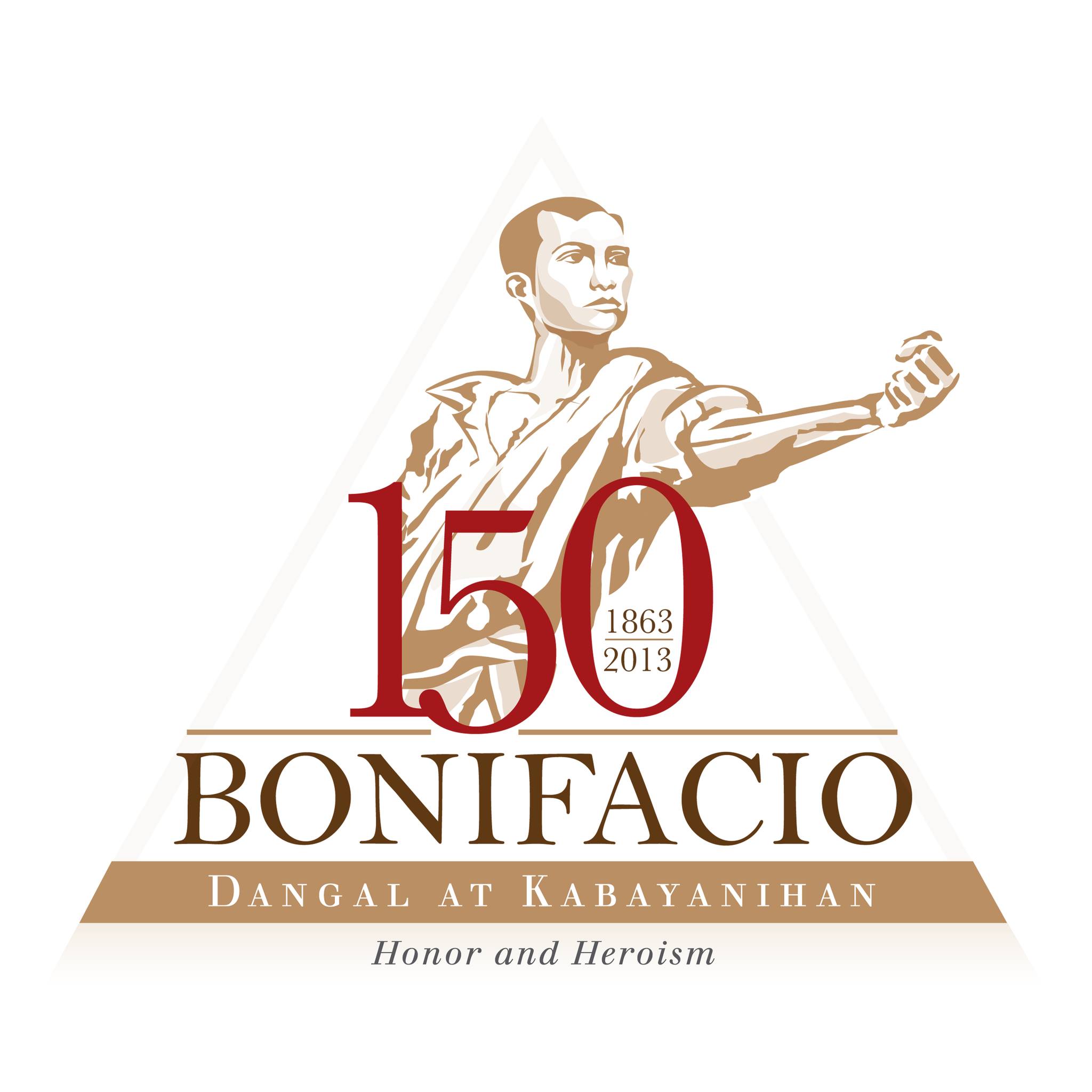This year marks the 150th birthday celebrations of Philippine hero Andres Bonifacio. Andres, who!?!
For Filipino-Australians who studied primary or high school in the Philippines before migrating to Australia, Andres Bonifacio needs no introduction. But for those who were born here or have not studied Philippine history, knowledge of this much-loved Philippine hero is sketchy at best.

Andres Bonifacio
Andres Bonifacio
This month, Filipinos around the world will commemorate his 150th birthday celebrations. In Sydney, there is a radiofest and film screening about Bonifacio (more details here from the Filipino Australian news) and in the Philippines, art exhibits, film screenings and celebrations abound.
Through the years, historians have debunked some of the most common misconceptions about him. Here are just three, courtesy of www.interaksyon.com.
1. Andres Bonifacio was a "lowly factory worker" during his time. In fact, he was a “yuppie.”
Contrary to popular belief, Bonifacio was not an uneducated indio but came from a middle class family, Professor Michael Chua of De La Salle University pointed out.
Besides having been born to a mother who was half-Spanish, Bonifacio was a "young urban professional," Chua said.
Thanks to his social standing, he enjoyed certain advantages, allowing him to get in touch with like-minded Filipinos and recruit them for the Katipunan.
But he didn’t limit himself to his social circle—Bonifacio was also able to work closely with the masses, the very same group of people which he remains closely affiliated with to this day.
2. Andres Bonifacio did poorly in the armed struggle. But historians describe him as a military strategist specialising in guerrilla warfare.
Since Bonifacio's military training was done mostly in the mountains, his skills were likened to those of the New People's Army (NPA) and the Moro Islamic Liberation Front (MILF), Chua said.
In the battle of Manila in August 29-30, 1896, Bonifacio led a tactical attack against the Spanish forces which was divided into two regions—Malabon-Balintawak-Caloocan and Sta. Ana-Pandacan-Sampaloc.
Bonifacio was able to capture the town's magazine (storage for ammunition) and water station in San Juan before Spanish reinforcements arrived and later had them outnumbered.
Despite the setback, the battle led to revolutions in other provinces.
Historian Zeus Salazar said that these strategies showed Bonifacio's military prowess in which he aimed at the "head of the snake," gathering his forces and launching simultaneous attacks in Manila.
3. Bonifacio is not only the Father of the Katipunan. Historians say he was the first President of the Philippines, before Emilio Aguinaldo.
Although hardly recognised, some historians say Bonifacio was the first Philippine president.
When Katipunan was recognised as the de facto revolutionary government on August 1896, Bonifacio was also recognised as its first President, Dr. Milagros Guerrero said.
In an August 24, 1896 meeting led by Bonifacio, he openly named the Katipunan as a revolutionary government and named this concept of government as "Haring Bayang Katagalugan."
Bonifacio used the word “Tagalog” as a collective term for all people born and raised in the Philippines, Guerrero said.
This de facto revolutionary government was recognised not only by the Spaniards but also by other revolutionaries.
"Filipinos should acknowledge that Bonifacio was not just the founder of Katipunan but also the first leader of the nation, the father of our nation and the founder of democracy," Guerrero added.
For the rest of the article, go here http://www.interaksyon.com/article/55344/5-misconceptions-about-andres-bonifacio